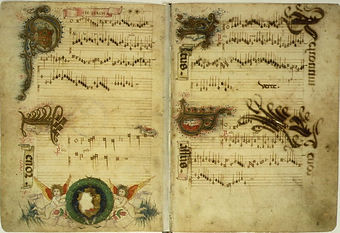
For the longest time the Catholic and Christian churches ran just about everything. They sanctioned what music was allowed, what people should wear, and they took an awful lot of taxes and tithes. It seems the churches had their holy little mitts in every cookie jar on the shelf.
Through most of Western history the religion dominated the state. At one point the Pope used a forged document called the Donation of Constantine to claim that he had the authority to appoint and depose kings, and would excommunicate (un-holy-ify) those who did not obey him.
This was basically a massive power struggle, and escalated to the point where Kings were fighting with the church over who appointed the Bishops, since the churches owned vast amounts of land which the Bishops had control over. There were clashes over legal jurisdiction. Eventually, Henry VIII appointed himself as head of the Church of England and began confiscating land and redistributing it to his supporters. He also needed more space to bury his dead wives.
Oh Henry…


Music in the renaissance is widely considered to have started in the 1400s with emergance of a common unifying musical language: polyphonic music.
In this time, the invention of the Gutenberg Press made distribution and sharing of music easily accessible. The quick rise of a Bourgeois class in Europe at the time increased the poplular demand for music.
This music has new, different characteristics than before, being based on modes, following chord structure more closely, and having a richer texture in many parts. Compositions were almost always written in individual parts, and full scores were very rare. Music continued to evolve through the next 200 years, developing into what would usher in the Baroque period.
